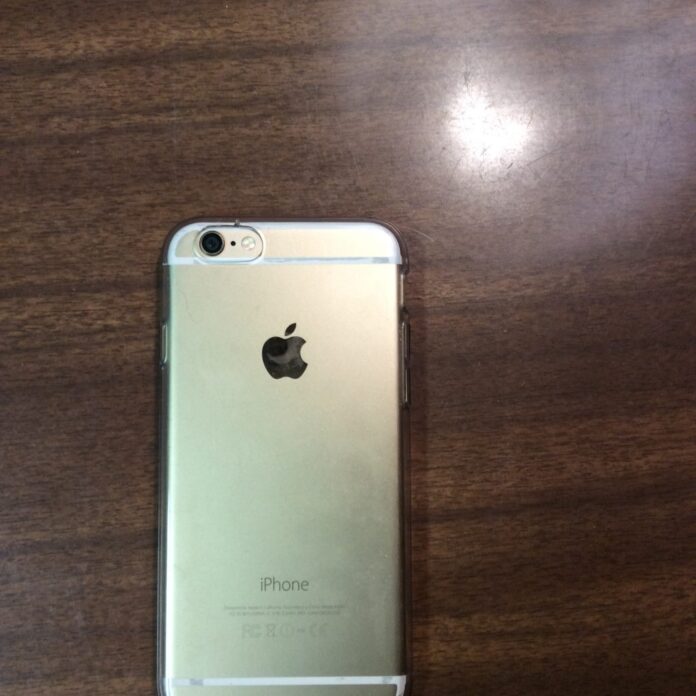Ericsson is striking back at Apple after the two companies failed to reach a deal on patent licensing fees. The Swedish company filed a complaint with the U.S. International Trade Commission requesting an exclusion order against Apple’s products for infringing on Ericsson patents that it said are essential to the 2G and 4G/LTE standards.
If enacted, an exclusion order could mean that Apple’s mobile devices could not be sold in the United States until the two companies resolve their patent dispute. The ITC has blocked sales of smartphones before – in 2012 it delayed imports of the HTC One X and HTC’s Evo 4G, based on claims that those phones infringed on Apple’s patents. Now Apple is on the defensive as its own products face a potential ban.
Every iPhone and iPad relies on Ericsson’s patented technology, according to the wireless infrastructure giant, which once had its own robust cellphone business. Ericsson holds more standards essential patents, covering technology necessary to make equipment work on wireless networks, than any other company.
“Features that consumers now take for granted – like being able to livestream television shows or access their favorite apps from their phones – rely on the technology we have developed,” said Kasim Alfalahi, chief intellectual property officer at Ericsson. “Apple currently uses our technology without a license and therefore we are seeking help from the court and the ITC.”
Ericsson has collected licensing fees from Apple ever since the launch of the first iPhone, but the licensing agreement between the two companies expired in January. Since that time it has become clear that the two companies are miles apart in their evaluation of what Apple should be paying Ericsson.
Apple sued Ericsson last month, claiming that Ericsson demands excessive fees and that some of its technologies are not actually essential to wireless standards. Ericsson countered that lawsuit with a complaint filed in a district court in Texas, and now has followed that up by appealing to the ITC. In addition, Ericsson has filed seven more complaints in the Texas court requesting “damages and injunctions for infringement of patents that are critical to many other aspects of Apple’s devices.”
In late 2013 Ericsson ended a protracted patent battle with Apple’s archrival Samsung, coming away with a settlement that added more than $500 million to the Swedish company’s net income that year. This week’s action may prompt Apple to consider a settlement as well.
With $19 billion in cash on its balance sheet, Apple could certainly afford a settlement, but the company may fight for an agreement that will lower its cost structure going forward. Apple is asking the court for permission to calculate licensing fees based on the prices of the smartphone chips that use Ericsson’s technology, not on the prices of the phones themselves.
Follow me on Twitter.

